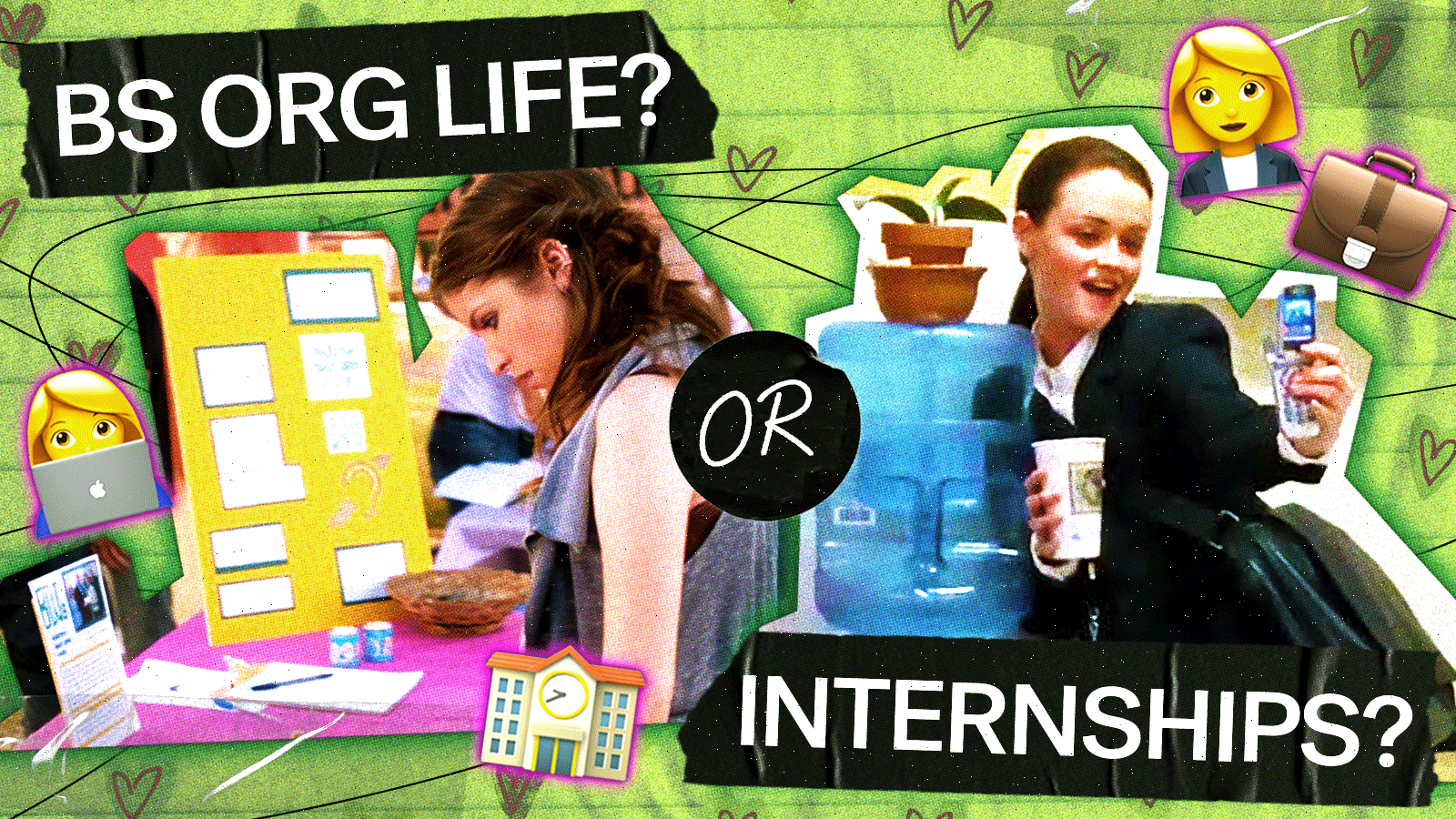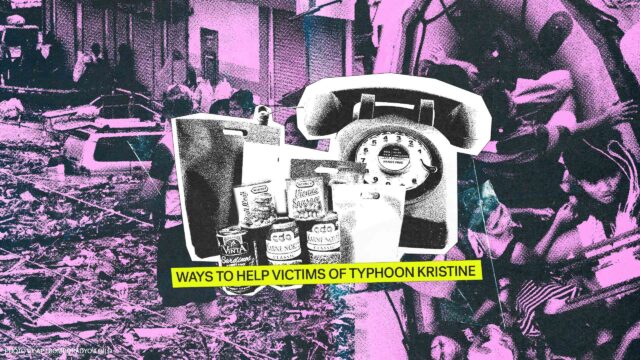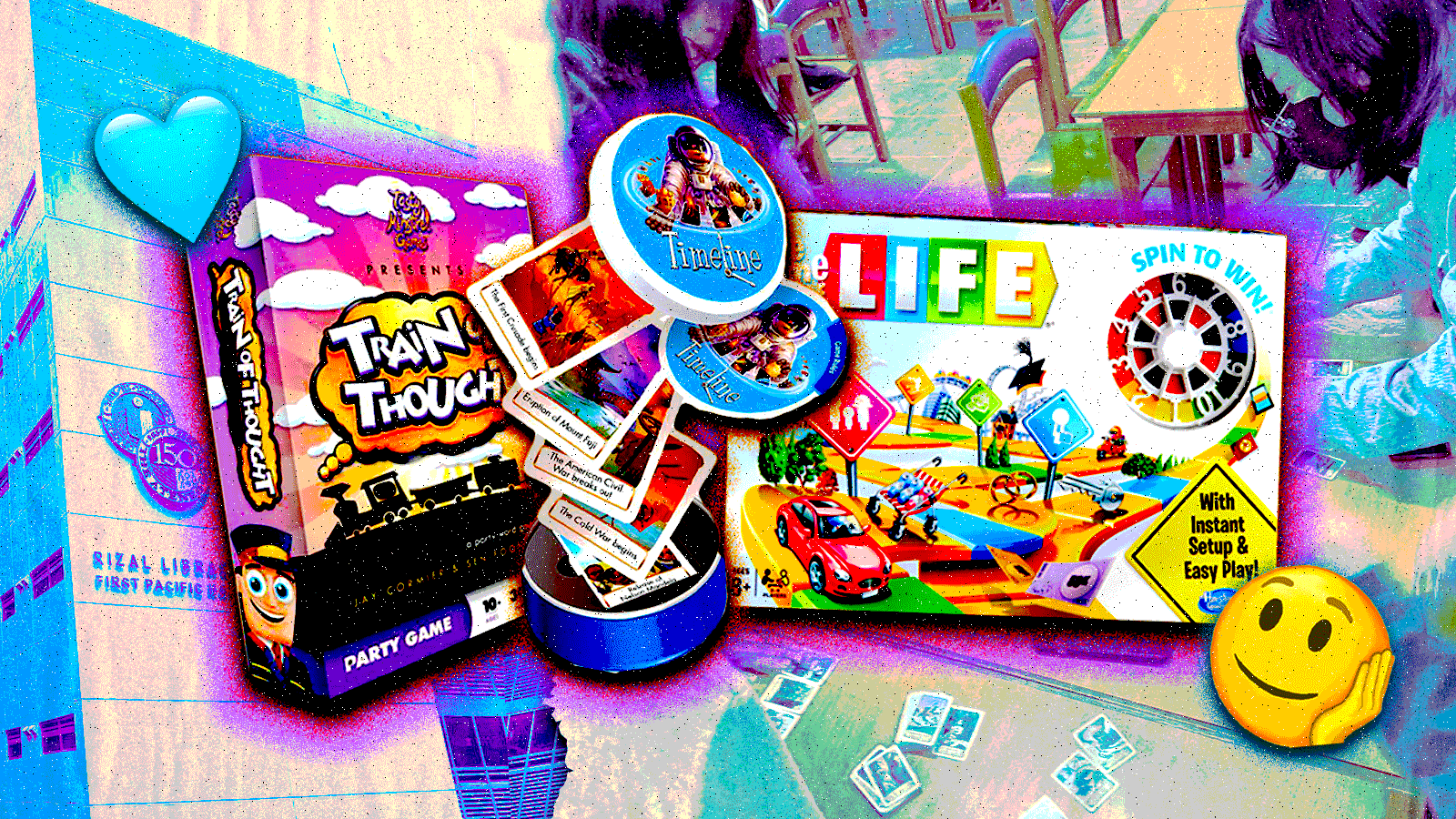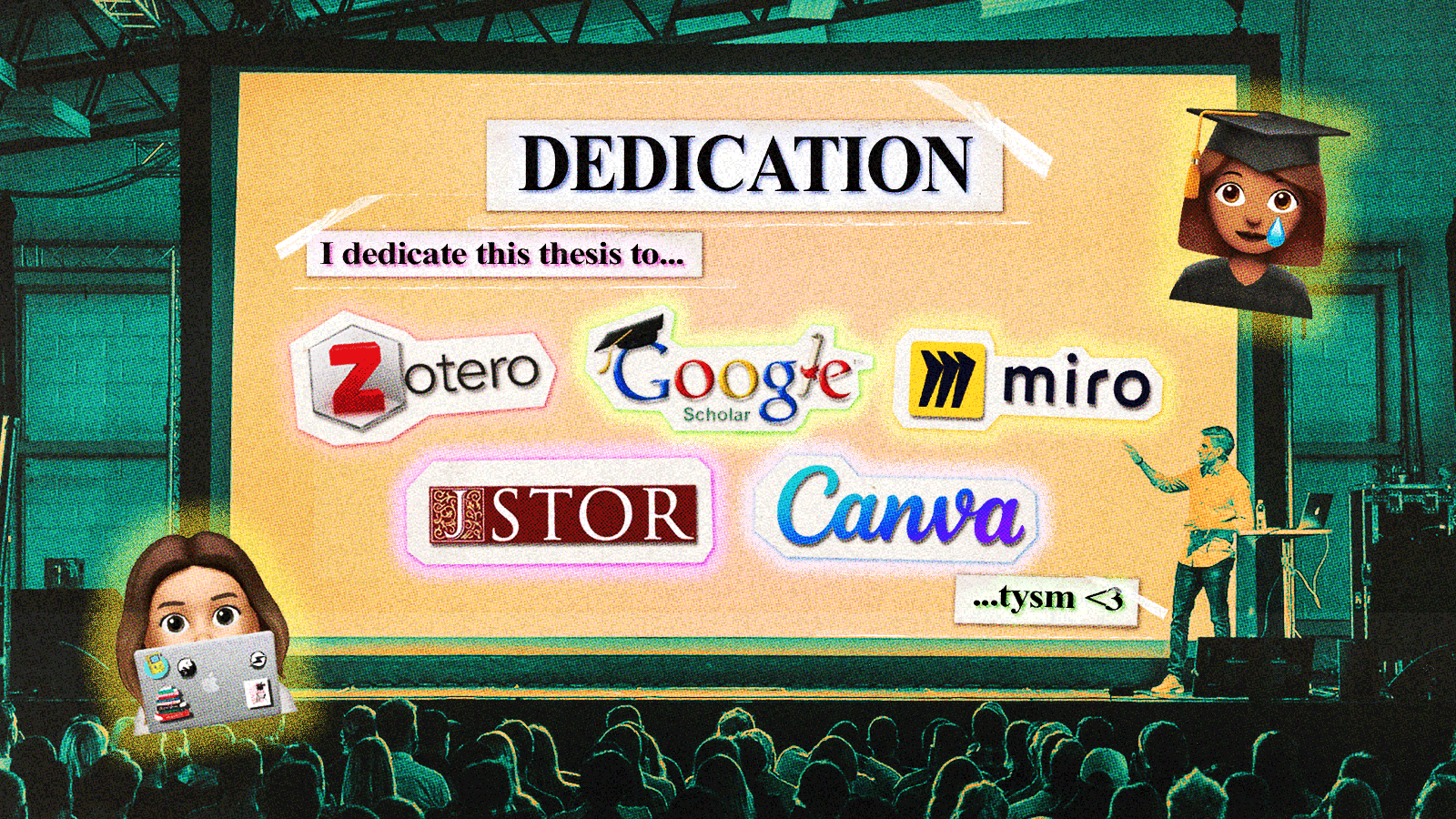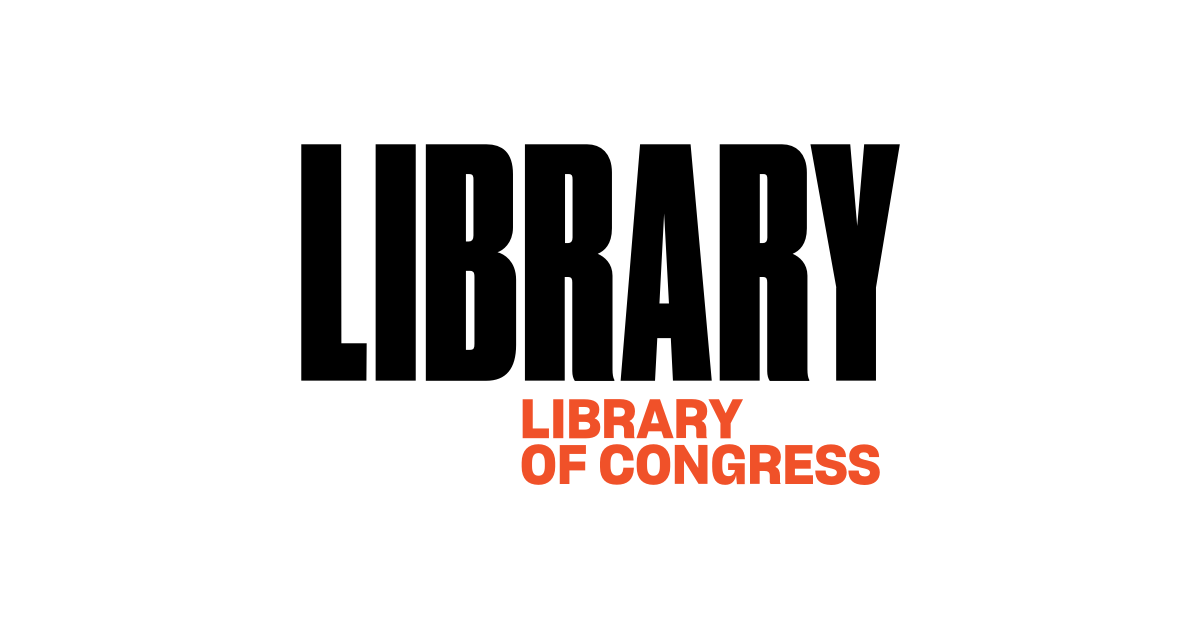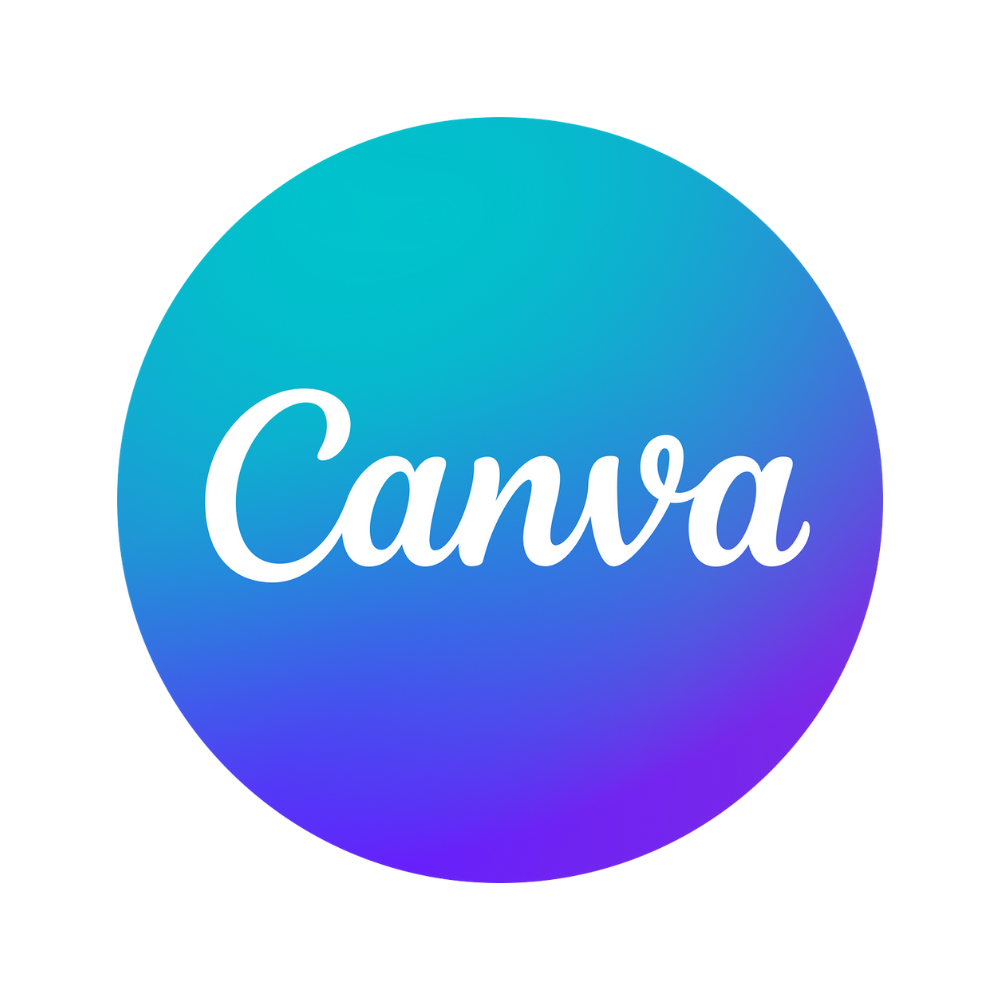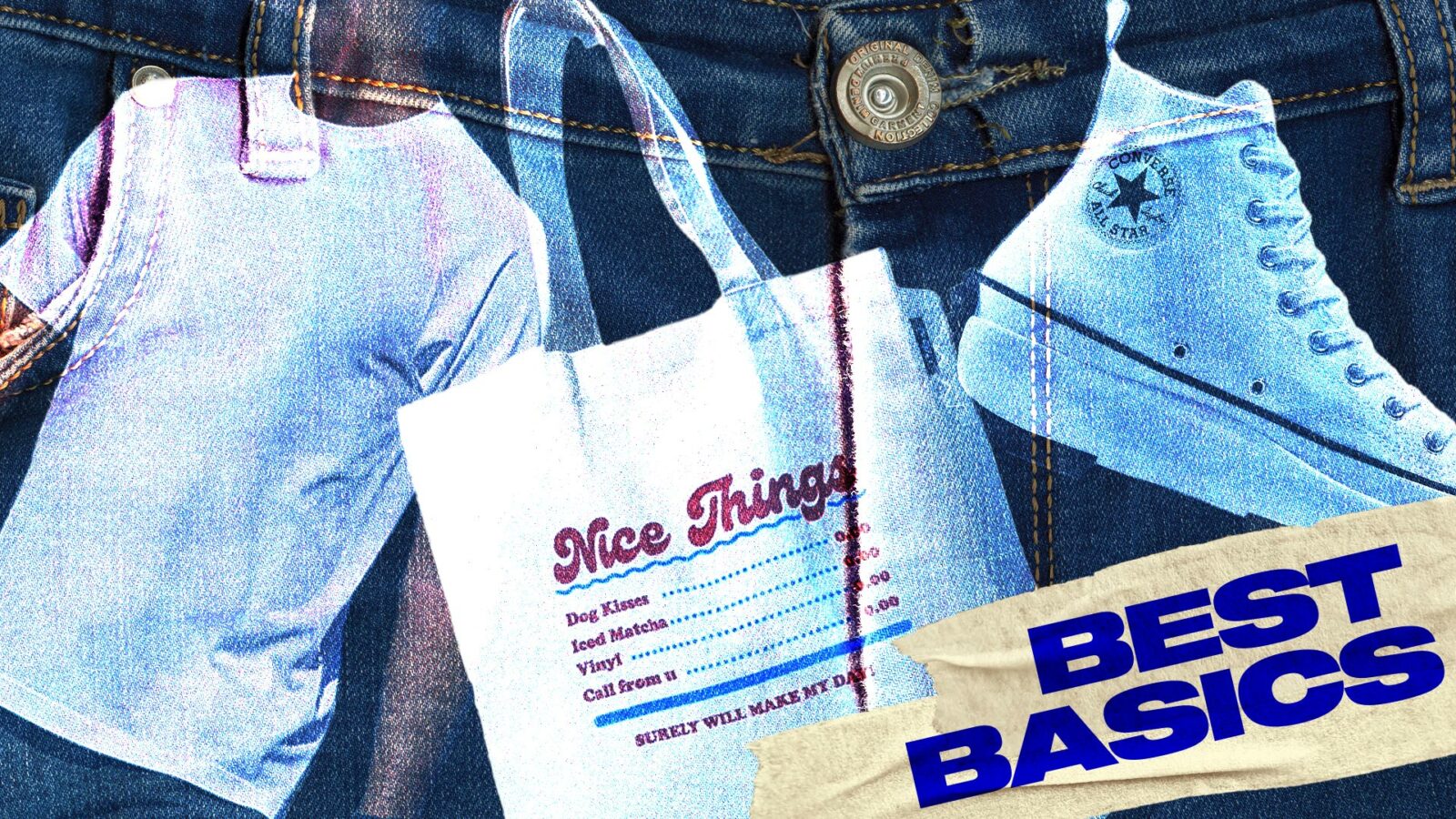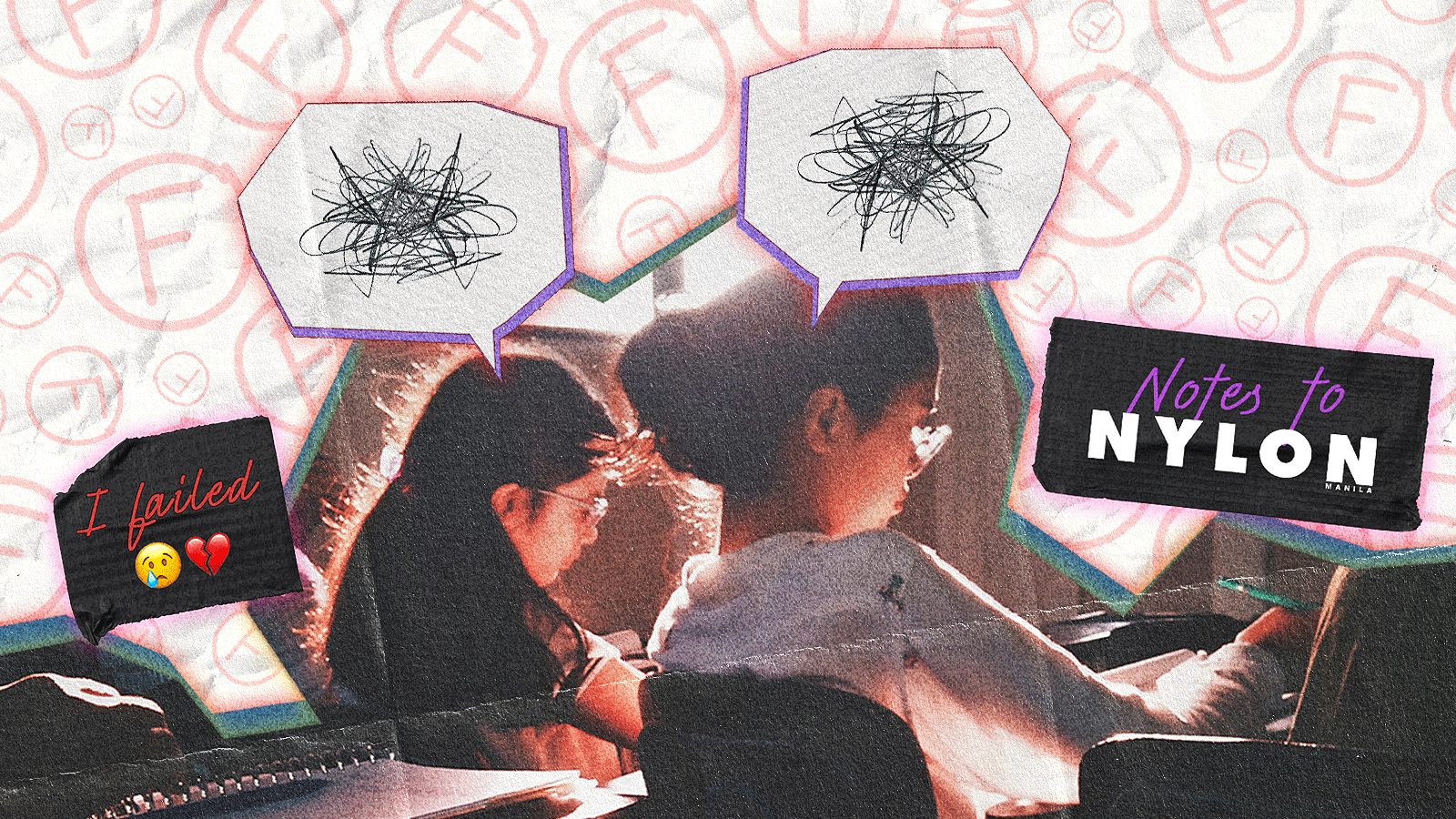As someone who has experienced both school organizations and internships, I’m here to spill the tea on which one’s your best bet.
Related: 6 Trademarks of Gen Z Interns, According to TikTok
When it comes to college life, people cherish their experiences in school organizations as the best days of their academic years. Whether it’s forging friendships, working with like-minded mentors, or getting experience in fields you enjoy, there’s no denying the significance of these moments. But wait, what about internships? While they are often the first chance for students to experience the “real world”, internships sometimes play second fiddle, often labeled as mere prerequisites for those students on the brink of grad-waiting. But there’s no denying there benefits, which leads to some students being torn between investing their time and extra effort in school organizations or internships.
As someone who has experienced both school organizations and internships, I can attest to the advantages of both, but with internships coming out as a winner to bring to one’s personal and professional development. Here’s why I think so.
Career Clarity
At a young age, I knew I had always wanted to become a part of the beauty industry. All the steps I took were directed toward a college program, internship, and a career path that aligned with my skill set and long-term goals. However, when you’re presented with all of these post-college choices, it’s hard to know what will truly work for you. If you’re a current communication major, you could pursue roles as a producer, director, writer, or other career roles—the possibilities are limitless. The same applies to every college program, and this is where internships come into the picture.
Internships serve as a testing ground for your career aspirations. They allow you to explore your chosen field firsthand, helping you determine whether it aligns with your long-term goals and interests. On the other hand, school organizations, while valuable in their own right, may not provide the same depth of insight into your future career path.
Welcome to the Real World
In relation to the first part, I could have pursued a career as an advertiser or a magazine writer in the beauty industry, and I wouldn’t have gained career clarity if I hadn’t completed three internships that provided me with real-world experiences. This is something that school organizations often lack because they tend to align with your current course.
While school organizations offer extracurricular involvement, they often can’t replicate the day-to-day responsibilities you’ll encounter in a professional setting. After interning in advertising, editorial, and public relations, I had the opportunity to work with people and projects that went beyond the typical ‘requirements’ on campus. That said, I also realized the truths behind those three industries, gaining insight into their inner workings, the challenges they face, and the vital roles they play in the larger landscape.
Soft Skills vs. Skills Specific to Your Career Choice
While school organizations offer you the chance to hone skill sets, it can be limiting all while demanding the same time and extra effort. For example, when I entered the school magazine, I learned about article writing, sentence structure, and all that. However, it was during my role as an editorial intern that I truly realized the significance of establishing a particular voice that connects with the audience, and the essential skill of managing time sensitive stories in the world of editorial work.
Adding to that, internships allow you to apply what you’ve learned in the classroom to real-world scenarios. In comparison to soft skills like leadership, teamwork, and time management, you will gain practical skills, deepen your understanding of your field, and develop problem-solving abilities that can’t be fully replicated in a school organization or classroom.
Nail Networking Opportunities
I remember applying to two more internships and securing my dream position, all thanks to my first internship. After attending events, photoshoots, and seminars assigned by my mentor, I had the chance to meet industry professionals and make new friends who became essential stepping stones in shaping the person and career woman I am today.
In contrast with school organizations, where you’re surrounded by the same professors and peers, internships offer a once-in-a-lifetime chance to connect with more people who share the same passions, interests, and skills that you’ll need in the next chapter of your career. Imagine meeting your potential colleagues and employers even before you graduate from college?
Practical Experiences Enhance That Resume
While adding a long list of extracurricular activities and school organizations to your resume is common, recruiters often place a higher emphasis on practical experiences, particularly when you lack real-world work experience. Internships provide tangible proof of your skill set and capabilities. Including internships on your resume not only showcases your practical experience and industry knowledge but also demonstrates your commitment to your chosen career path. This commitment can be a crucial factor in persuading potential employers during interviews.
Make Money!
While not all internship programs are paid, many are. Earning money while gaining hands-on experience can help cover educational expenses and allowance. This financial compensation is a significant advantage over most school organizations, which are usually unpaid.
Again, not all internship programs are paid. However, note that the company should shoulder all out-of-office tasks and transportation.
Ready to Start Monday?
Internships often lead to full-time offers. By demonstrating your skills and dedication during an internship, you increase your chances of getting absorbed by the same organization once you graduate. This transition from intern to employee is a significant kick-start to your career. If not, internships serve as assets during interviews and when considering other offers. To this day, I’m eternally grateful to the mentors, industry people, and life lessons I gained with my internships—I wouldn’t be here without them.
Continue Reading: R101: 10 UST Organizations That We’re Eyeing At This Year’s Recruitment Fair
